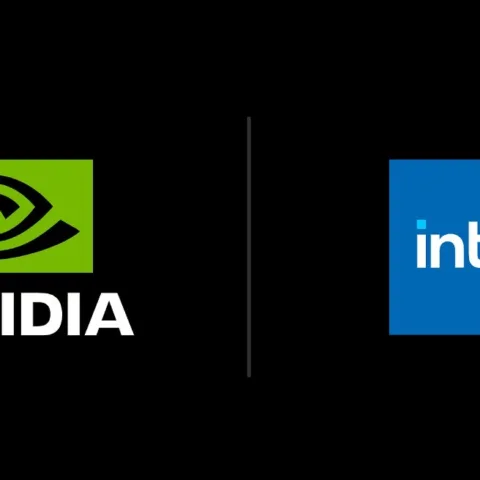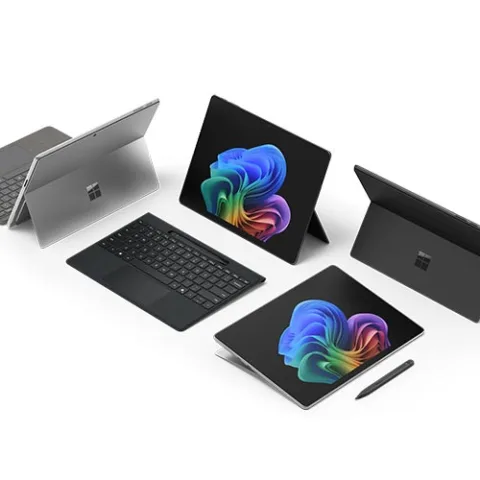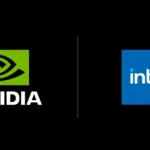It’s been quite some time where Intel has been forced aside from mobile device processor realm. Previously, Intel was a champion with its Atom processor for netbook category. Since the game is now shifted to tablet, Intel has been long in question for its readiness to welcome new arsenal in mobile technology. Now, Intel is more than ready to get back into game with its Oak Trail (and Cedar Trail) family of Atom processor, optimized for tablet.
Intel has been forced aside from mobile device processor realm. Previously, Intel was a champion with its Atom processor for netbook category. Since the game is now shifted to tablet, Intel has been long in question for its readiness to welcome new arsenal in mobile technology. Now, Intel is more than ready to get back into game with its Oak Trail (and Cedar Trail) family of Atom processor, optimized for tablet.
Intel Indonesia welcomes Oak Trail with modest introduction in their office. Intel Indonesia’s Chief Santosh Viswanathan showed some tablets, there have been over 35 devices already, that are powered by latest Atom processor family. Oak Trail works with many kinds of operating systems, including Windows-based, Linux-based, Android-based, even MeeGo — Intel’s collaboration with Nokia. They have started to be available in the market since May, with the availability in Indonesia is still undecided.
Christened with official name as Z670 and Z650, they enhance the capability in video playback, Internet performance and battery life without sacrificing the device’s performance. Oak Trail also support 1080p video decoding and HDMI technology for its multimedia section, not to mention its support for Adobe Flash allowing the tablet to access Flash’s game and multimedia-based contents.
Oak Trail is 60% smaller in size, compared to its predecessor with low power usage, enable full day experience with any addition of extra cooler system. New feature implanted as Intel Enhanced Deeper Sleep that help to save more power while in inactive mode. Oak Trail is designed not only for device for mass market, but also for specific industries, like mobile clinical assistant in hospital and other specialized devices.
Also, it’s said that during Intel Developer Forum in Beijing, China, Intel introduced the next generation of 32nm Atom processor, called Cedar Trail with more enhancement in various aspects, including Wireless Music, Wireless Display, PC Synchronization and Fast Boot. Cedar Trail-powered devices will be unveiled by mid of 2011.
Intel is the last player in the market to join the hype of mobile technology. Previously, we’ve already got Qualcomm’s Snapdragon, NVIDIA’s Tegra 2, ARM Cortex A series and OMAP from Texas Intruments in the pack. Given the delay in anticipating new trend, I doubt the immediate impact of these Intel’s Oak Trail series in order to switch the magnitude away from Snapdragon and Tegra 2 battle. But only time will tell the actual result. Until then, enjoy the fresh mobile capabilities brought into the market.










